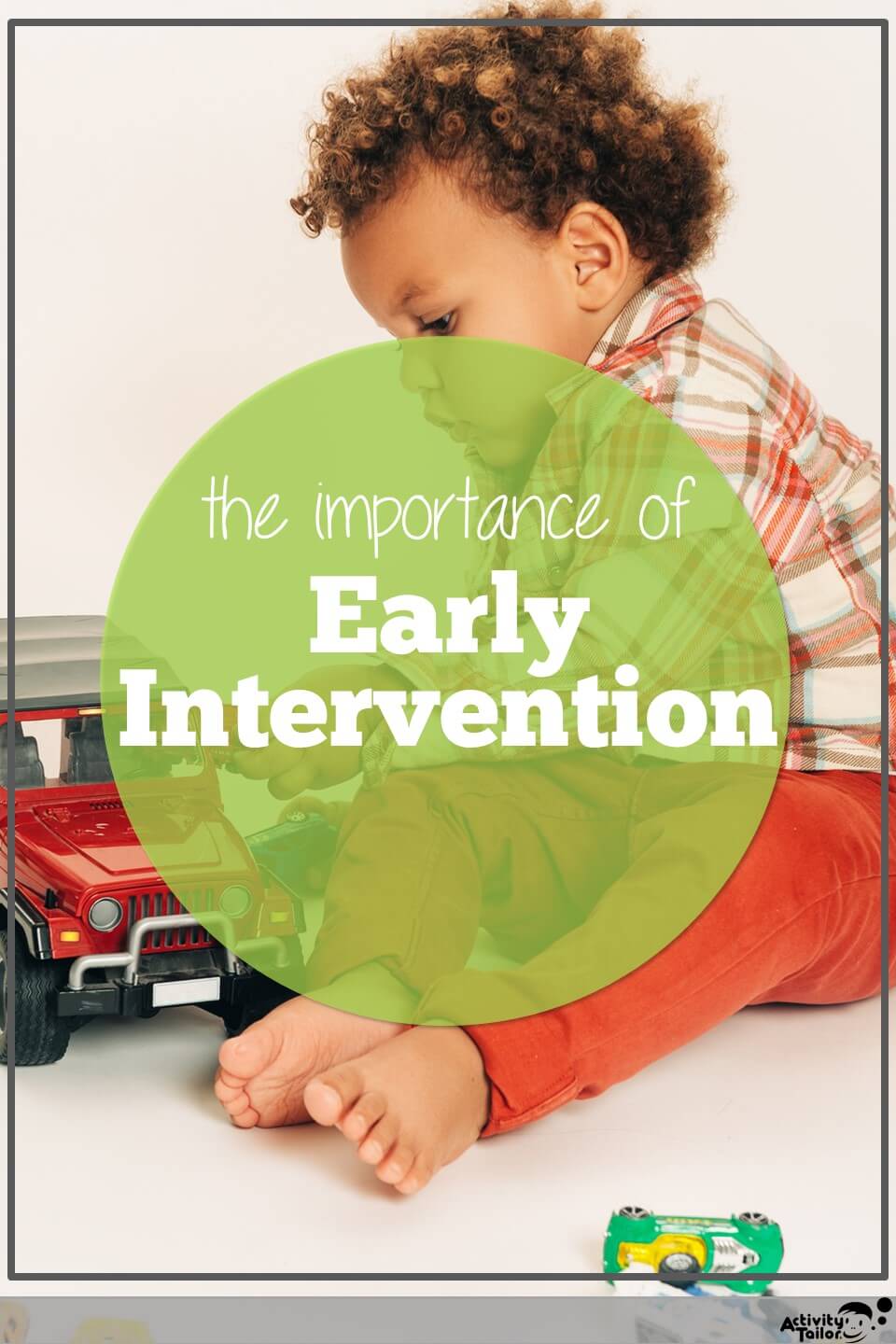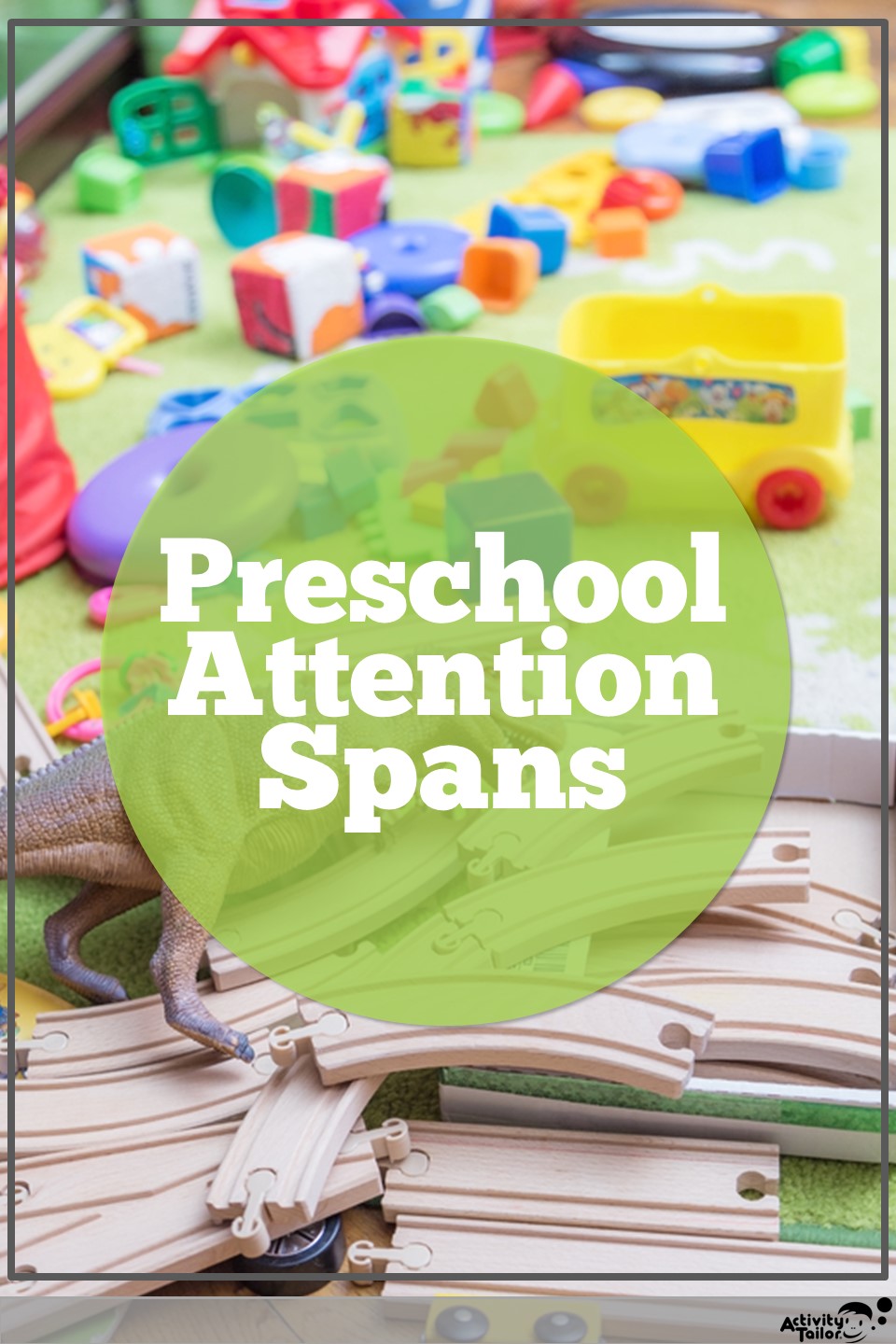
The holidays will look different this year which may make it easier to avoid meddlesome family members or a small group might make it more difficult to hide. In my practice, it wasn’t unusual to receive several phone calls around the holidays from frantic parents who’d been accosted by an extended family member with a negative comment.
When you have a little one that’s behind in their development, it’s understandable you’d be anxious and more sensitive to the opinions of others. After all, we want to protect our children and see them thriving and happy.
Why is Grandma butting in?
Let’s start by acknowledging that disruptions to routines (aka holidays) tend to escalate difficult behaviors–and I’m talking about both kids and adults here! Children in particular though, might not be “performing” at their peak abilities and will be more prone to meltdowns. For relatives that haven’t been around kids (or are out of practice), their expectations might be too high.
Also, keep in mind that most relatives are motivated from a place of love (though comments like “Shouldn’t he be talking by now?” are never appropriate), let’s take a look at some tips to help you navigate the holidays.
8 Tips for Handling Meddling Family Members
- Plan time with supportive friends in advance. If you know your holiday meal comes with a side of intrusion, prep in advance with a sympathetic friend. Remind yourself that you are doing all you can and children progress on different timelines.
- Find an ally. Whether it’s your partner, sister or your brother’s new girlfriend, enlist help. Let them know you’re not interested in Grandma’s long discussion about how someone else’s grandkids are reciting poetry and conversing at the dinner table and to step in as a welcome interruption.
- Avoid discussing concerns in front of children. Let the interloper know you won’t discuss concerns about children in front of children (any of them).
- Calm their anxiety. Even if it ramps up our own anxiety, we can recognize it’s their own fear that’s instigating a conversation at a holiday event. Matter-of-factly tell them you are aware of their concerns and you’re handling it, then move on.
- Give them a project! It’s the holidays and they obviously have your child’s best interests at heart. Take advantage of this attention and ask them to do a project with your child. Whether this is a seasonal craft, making a child-friendly recipe, reading aloud or playing a favorite activity, give yourself the gift of stepping away from caregiving responsibilities for a bit. You may also find that once Grandma has a chance to see your child in action she’ll settle down.
- Be open-minded. Sometimes parents are so close to a situation, they don’t notice areas of delay, especially if it’s a first child. If this is the first time you’ve been alerted to a possible concern, try not to rush to defense. Let them know they’ve been heard and file the information away to consider at a later time.
- Share concise information if appropriate. Maybe you’ve already made an appointment with the pediatrician or speech-language pathologist. Maybe you’ve already started to receive services. Letting them know that “we’re working with a medical provider” may help.
- Respect their opinion, but make it clear you will follow the recommendations of professionals. “I appreciate your concern. Our pediatrician/therapist/classroom teacher is very knowledgeable in this area.”
None of these work for every situation, so take what’s helpful and ignore the rest! Got some great ideas to share? Leave a comment below!
Need an ally?
Join me for online coaching in Intentionally Parenting Late Talkers.
Prefer to work on your own? Try my workbook!





